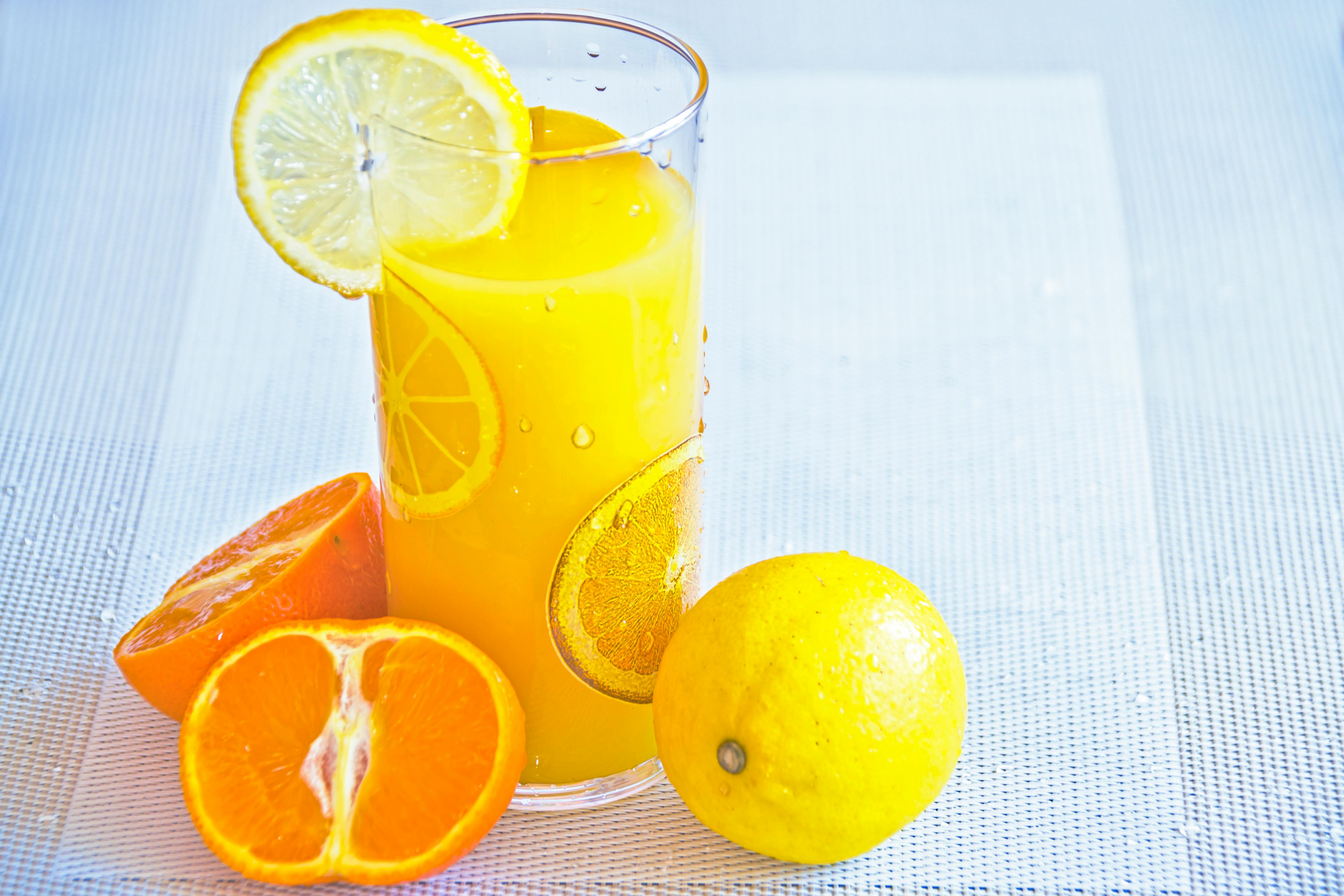
Kidney stones occur when minerals in the urine crystallize into particles that can block urine drainage. This is usually extremely painful; moreover, people who have had one such episode are at risk for recurrence. Consequently, people who have had kidney stones want to know what they can do to reduce that chance. Is there a role for lemon juice? The answer has been controversial.
Will Lemon Juice in Water Prevent Kidney Stones?
Q. In a recent column, a reader suggested drinking lemon water to possibly prevent kidney stones.
They mentioned that they had calcium oxalate stones. That is the same type that I have. My nephrologist told me to avoid foods high in oxalate (like spinach) and to drink more. His suggestion was to take my weight and divide it in half and drink about that much fluid. I have followed his suggestions for 20 years and so far, all is good. Hopefully the person who wrote in knows to avoid oxalate foods.
A. Certain foods are very rich in oxalates. They include spinach, rhubarb and some other leafy greens; beets (both roots and leaves); almonds and other nuts, cocoa powder; and navy beans.
Although the benefits of lemon water are somewhat controversial, a small randomized trial found that drinking tomato juice with lemon juice in it reduced the amount of calcium oxalate in the urine from drinking milk alone (Current Urology, March 2023). Another study examined the mechanism of action (Nano Letters, Feb. 22, 2023). The researchers found that lemon juice contributes miniscule pouches (extracellular vesicles) that travel from the gut to the kidney, where they are incorporated into cellular structures (lysosomes) that reduce kidney cells’ stress response.
They write:
“In conclusion, this study reveals a LEVNs-mediated mechanism against renal calculi and provides positive evidence for consumption of lemonade preventing stone formation.”
Drinking More Water
However much they may argue about lemonade vs. prescription potassium citrate, kidney experts all agree that adequate fluid intake is essential. The general recommendation is about 11 cups for women and 15 for men. The goal is to drink enough to produce more than two liters of urine each day (Advances in Nutrition, May 2023). Some kidney doctors also recommend avoiding vitamin C and vitamin D dietary supplements and consuming more citrus fruits. Lemon juice would qualify.
Lemon Juice to Fight Kidney Stones
Another reader has tried lemon juice with good success.
Q. I read a letter from someone who drank lemonade to prevent kidney stones. I’ve had kidney stones for six years. I’ve been through two lithotripsies and taken sodium bicarbonate for two years. One of the physician assistants told me a year ago to drink a shot glass of lemon juice right before bedtime. I’ve had two ultrasounds since then and no kidney stones show up. I just wish my urologist had told me this.
A. Kidney stones are extremely painful, so preventive measures are most welcome. Doctors sometimes prescribe potassium citrate to block their formation. Because lemon juice also contains citrate, doctors have considered lemonade therapy to prevent kidney stones (Journal of Urology, April 2007). This calls for one or two quarts of unsweetened or low-sugar lemonade per day.
Pure lemon juice before bedtime can be hard on tooth enamel. Be sure to rinse well with plain water!
Citations:
- Gopala SK et al, "Effects of lemon-tomato juice consumption on crystal formation in the urine of patients with calcium oxalate stones: A randomized crossover clinical trial." Current Urology, March 2023. DOI: 10.1097/CU9.0000000000000178
- Zhang L et al, "Lemon-derived extracellular vesicle-like nanoparticles block the progression of kidney stones by antagonizing endoplasmic reticulum stress in renal tubular cells." Nano Letters, Feb. 22, 2023. DOI: 10.1021/acs.nanolett.2c05099
Important Notice: This article was originally published at www.peoplespharmacy.com by Terry Graedon, where all credits are due.
Disclaimer
The watching, interacting, and participation of any kind with anything on this page does not constitute or initiate a doctor-patient relationship with Veripeudic.com. None of the statements here have been evaluated by the Food and Drug Administration (FDA). The products of Veripeudic.com are not intended to diagnose, treat, cure, or prevent any disease. The information being provided should only be considered for education and entertainment purposes only. If you feel that anything you see or hear may be of value to you on this page or on any other medium of any kind associated with, showing, or quoting anything relating to Veripeudic.com in any way at any time, you are encouraged to and agree to consult with a licensed healthcare professional in your area to discuss it. If you feel that you’re having a healthcare emergency, seek medical attention immediately. The views expressed here are simply either the views and opinions of Veripeudic.com or others appearing and are protected under the first amendment.
Veripeudic.com promotes evidence-based natural approaches to health, which means integrating her individual scientific and clinical expertise with the best available external clinical evidence from systematic research. By individual clinical expertise, I refer to the proficiency and judgment that individual clinicians acquire through clinical experience and clinical practice.
Veripeudic.com does not make any representation or warranties with respect to the accuracy, applicability, fitness, or completeness of any multimedia content provided. Veripeudic.com does not warrant the performance, effectiveness, or applicability of any sites listed, linked, or referenced to, in, or by any multimedia content.
To be clear, the multimedia content is not intended to be a substitute for professional medical advice, diagnosis, or treatment. Always seek the advice of your physician or other qualified health providers with any questions you may have regarding a medical condition. Never disregard professional medical advice or delay in seeking it because of something you have read or seen in any website, video, image, or media of any kind. Veripeudic.com hereby disclaims any and all liability to any party for any direct, indirect, implied, punitive, special, incidental, or other consequential damages arising directly or indirectly from any use of the content, which is provided as is, and without warranties.

